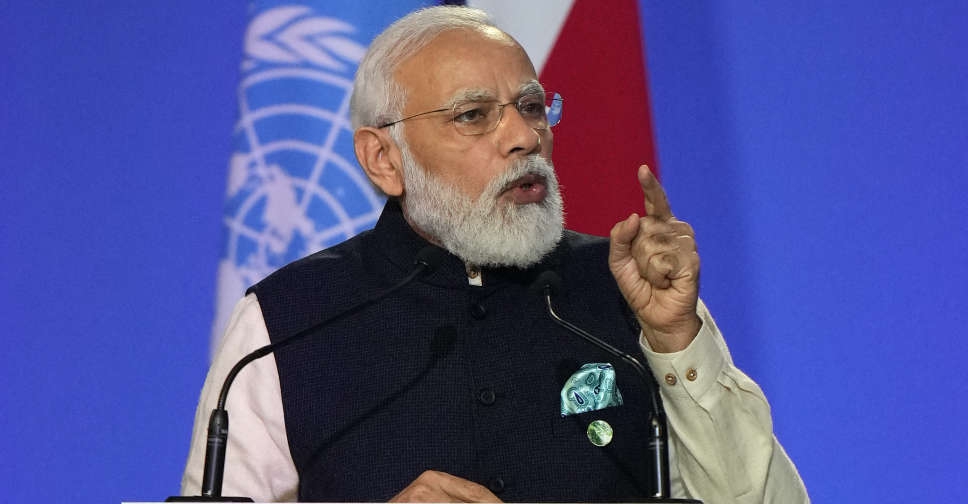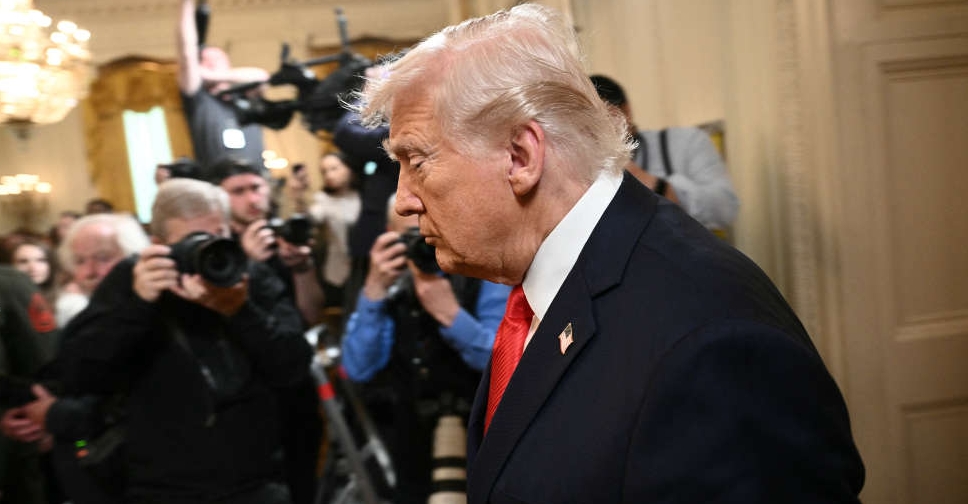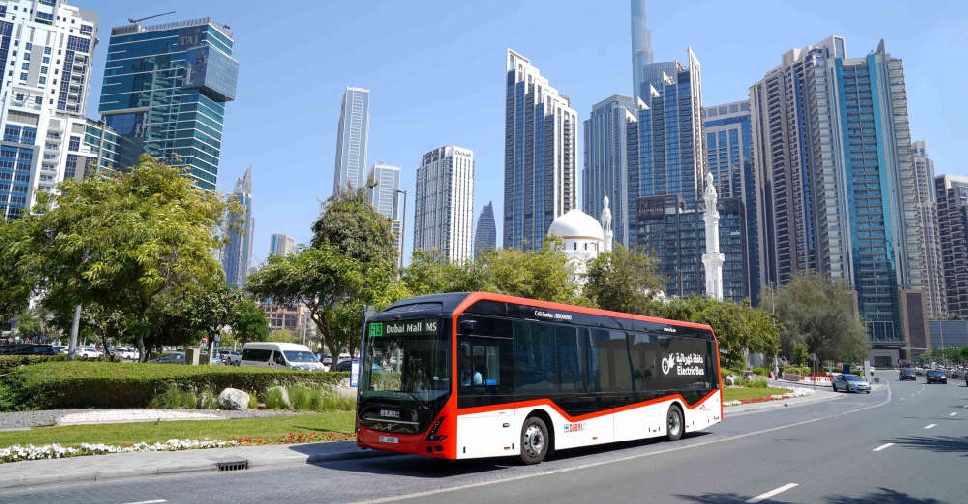
India's Prime Minister used the COP26 climate talks to announce 2070 as the target for his country to reach net zero carbon emissions, two decades beyond what scientists say is needed to avert catastrophic climate impacts.
Narendra Modi defended India, however, as having stuck to its climate pledges "in spirit and letter" and noted that his country contained 17 per cent of the world's population but was responsible for only 5 per cent of global emissions.
Modi told other world leaders that India would increase the share of renewables in its energy mix from about 38 per cent last year to 50 per cent by 2030.
A COP official welcomed the 2030 pledge but expressed surprise at the 2070 goal, which is beyond China's net-zero target of 2060. The official, who spoke on condition of anonymity, said there was hope India might bring 2070 forward.
Only last week, India, currently the world's third-biggest emitter of greenhouse gases after China and the United States, rejected calls to announce a net-zero carbon emissions target.
It said it was more important for the world to lay out credible pathways to reduce emissions.
The United States, Britain and the European Union have set a target date of 2050 to reach net zero, by which point they will only emit an amount of greenhouse gases that can be absorbed by forests, crops, soils and nascent "carbon capture technology".
China and Saudi Arabia have both set targets of 2060, but critics say these are largely meaningless without tangible action now.
Scientists say the world needs to halve global emissions by 2030 and reach net zero by 2050 to avoid the worst impacts of climate change.
In his speech, Modi also called for a global push to adopt sustainable lifestyles.
"Instead of mindless and destructive consumption we need mindful and deliberate utilisation," he said, citing consumer choices in areas from packaging to diet.
"These choices, made by billions of people, can take the fight against climate change one step further," he said.


 Israel will keep Gaza buffer zone, minister says, as truce bid stalls
Israel will keep Gaza buffer zone, minister says, as truce bid stalls
 Cars set on fire at French prison in second wave of attacks
Cars set on fire at French prison in second wave of attacks
 Israeli strikes kill 13 as Gaza becomes 'mass grave' of Palestinians, says MSF
Israeli strikes kill 13 as Gaza becomes 'mass grave' of Palestinians, says MSF
 UNICEF projects 20% drop in 2026 funding after US cuts
UNICEF projects 20% drop in 2026 funding after US cuts
 After Harvard rejects US demands, Trump adds new threat
After Harvard rejects US demands, Trump adds new threat




